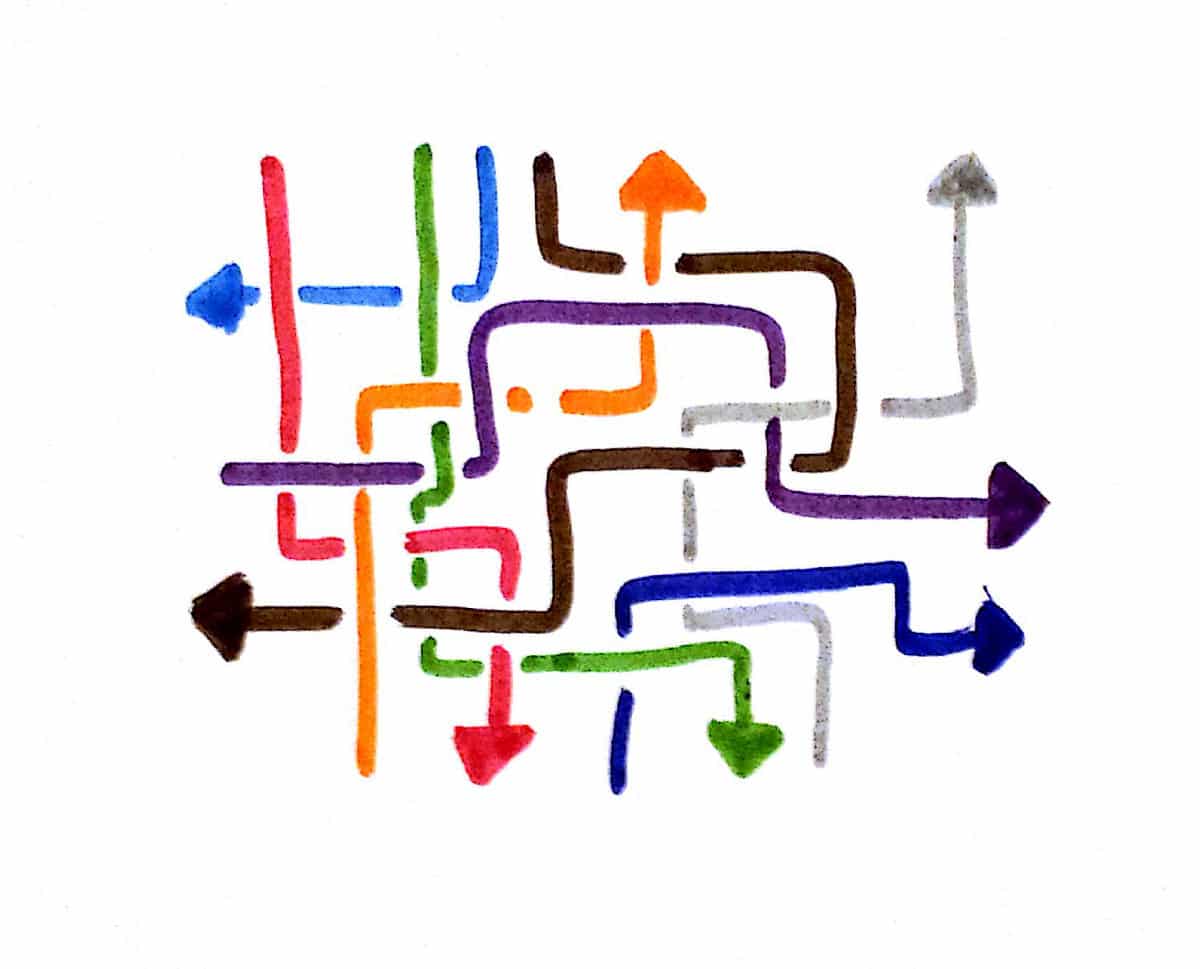
API Terms of Service: towards a Creative Commons model?
The ‘as-a-service’ digital infrastructure economy, more commonly known as APIs (Application Programming Interfaces), is still too often a controversial subject, which is struggling to win the confidence of users because of the opacity of the terms of service (ToS) attached to the software. Many users have recently expressed their reluctance to change the terms of service of the Whatsapp application, following its acquisition by Facebook.
A collective European consciousness seems to be emerging around the development of more open and transparent usage contracts, and thus fostering a more secure digital infrastructure.This evolution in practices will also help to resolve numerous technical, compliance and/or commercial rules, applicable to a wide range of sectors (government, public sector, not-for-profit organisations, science and education, businesses, etc.).
The main difficulty today lies in the lack of interaction and collaboration between the different teams working on APIs. The terms of service (ToS) will be set by a legal team, the APIs will be managed by the developers and the commercial terms will be designed by the marketing teams.
This still highly compartmentalised organisation runs the risk of causing a great deal of confusion internally due to the lack of transparency about the actions and thinking being carried out by each team, giving rise to numerous questions that are often left unanswered: Can we use this API? Can we reuse the data collected by the API? Can we reuse our implementation of the specification in relation to other APIs?
To answer this question, we are pleased to announce the implementation of the APITos-CC project, winner of the 2020 Digital Infrastructure call for proposals supported by the Ford Foundation, the Alfred P. Sloan Foundation, the Open Society Foundations, the Omidyar Network, and the Mozilla Open Source Support Program in collaboration with the Open Collective Foundation.
With the APITos-CC project, Inno³ joins a group of 13 beneficiaries selected from over 200 projects.
APIToS-CC Project
The APIToS-CC project aims to make API General Terms of Use (GTUs) more readable for all stakeholders by generating a framework with a pleasant and effective user interface for managers, developers, users and any other stakeholders concerned (along the lines of the ‘Creative Commons’ model).
The APITos-CC project, which will last one year, will combine two phases. The first will provide a better understanding of the uses of API UGCs through interviews with API owners (to better understand their design and purpose) and with the various stakeholders (to understand their uses in different sectors: public administration, research, community projects, business, etc.). Finally, this first part will be completed by a legal analysis of a corpus of APIs. The second phase will be devoted to the co-design of a prototype model for the analysis and clause of the GCU with the help, via a questionnaire, of the uses and producers of APIs.
The APITos-CC project team is made up of :
- Les mainteneurs / APIDays :
- Mehdi Medjaoui : entrepreneur, author and API expert. He is the co-founder of OAuth.io, an API identity integration platform (acquired in 2017) and the founder of APIDays, the leading API conference series, bringing together a community of over 200,000 API practitioners.
- inno³
- Célya Gruson-Daniel : associate researcher in social sciences (COSTECH laboratory). Her research focuses mainly on open access, open science and the impact of digital technology on science/society relations (data science, ethics, economic and social transformations).
- Benjamin Jean : CEO of inno³, an independent open innovation consultancy specialising in open models (open data, Open Source, etc.). He is well known for his legal work on Open Source and open data.
A one-year project as part of an open science approach
Taking care to open up the data and the research process so that it is ‘as open as possible’ while respecting an ethical framework and the protection of the participants in this survey (privacy, economic secrecy, etc.), this project is part of an open science approach to ensure the reproducibility of quantitative analyses (Jupyter notebook, Docker, etc.) and the sharing of analyses and the reasoning followed.
The project will result in a publication in an open-access journal or archive (HAL, Zenodo) and all the work will be usable under free and open source licences, so that it can be accessed by other researchers.
Image API Calls CC-BY Tsahi Levent-Levi
Author
Collectif inno³
References
- $1.3M in grants go towards making the web’s open source infrastructure more equitable
- Major Philanthropies Tackle Inequality By Strengthening How Open Source Code Is Developed And Maintained
- Open collective foundation
- The 2020 Digital Infrastructure call for proposals supported by the Ford Foundation